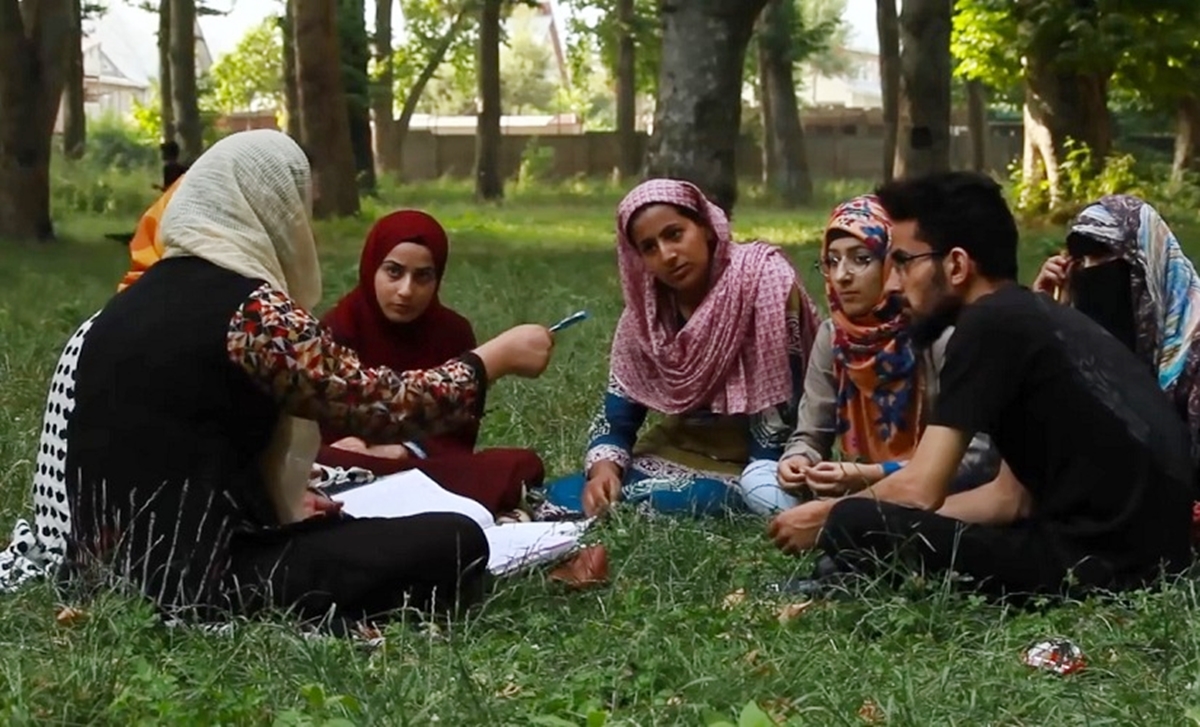Posted by Satabdi Das It is not very often that we get to see stories of women on-screen, especially told…
Login to Read!
This content is restricted to site members. If you are an existing user, please log in below. Or you can can create an account here.
